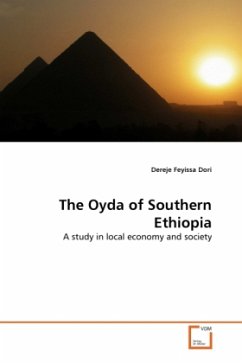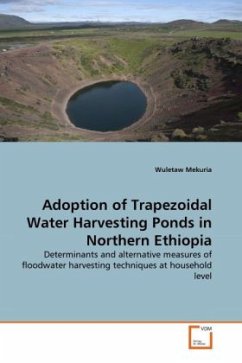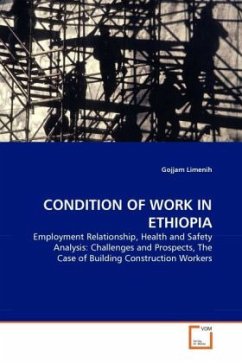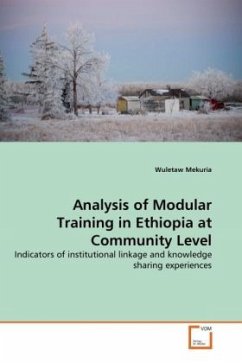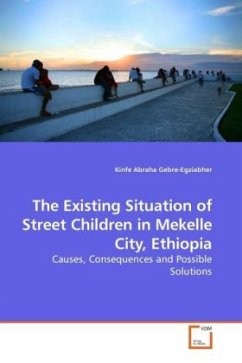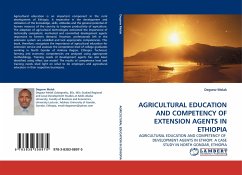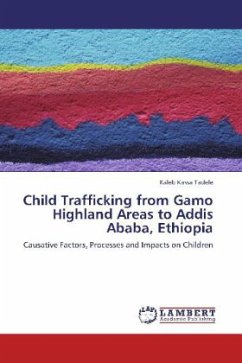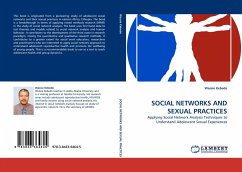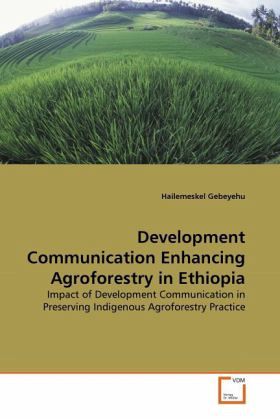
Development Communication Enhancing Agroforestry in Ethiopia
Impact of Development Communication in Preserving Indigenous Agroforestry Practice
Versandkostenfrei!
Versandfertig in 6-10 Tagen
32,99 €
inkl. MwSt.

PAYBACK Punkte
16 °P sammeln!
Land degradation, due to deforestation, is one of the major causes that consequently decline agricultural production in poor countries; and also it becomes a serious threat for life welfare. In order to mitigate this devastating situation, various stakeholders have engaged in afforestation activities across the world. Ethiopia, in its extension communication strategies, does exert its effort to enhance forest development. However, the effort made by the stakeholders seems to be inefficient. Forest coverage is still declining very terrifyingly. The reason could be many, arguably, but so far man...
Land degradation, due to deforestation, is one of the major causes that consequently decline agricultural production in poor countries; and also it becomes a serious threat for life welfare. In order to mitigate this devastating situation, various stakeholders have engaged in afforestation activities across the world. Ethiopia, in its extension communication strategies, does exert its effort to enhance forest development. However, the effort made by the stakeholders seems to be inefficient. Forest coverage is still declining very terrifyingly. The reason could be many, arguably, but so far many researches have shown, one of the attributions goes to the failure to communicate the local community effectively. This book, thus, tries to look at the communication strategies employed by development agents to enhance indigenous agroforestry land-use system in one of African districts, inside Ethiopia.



